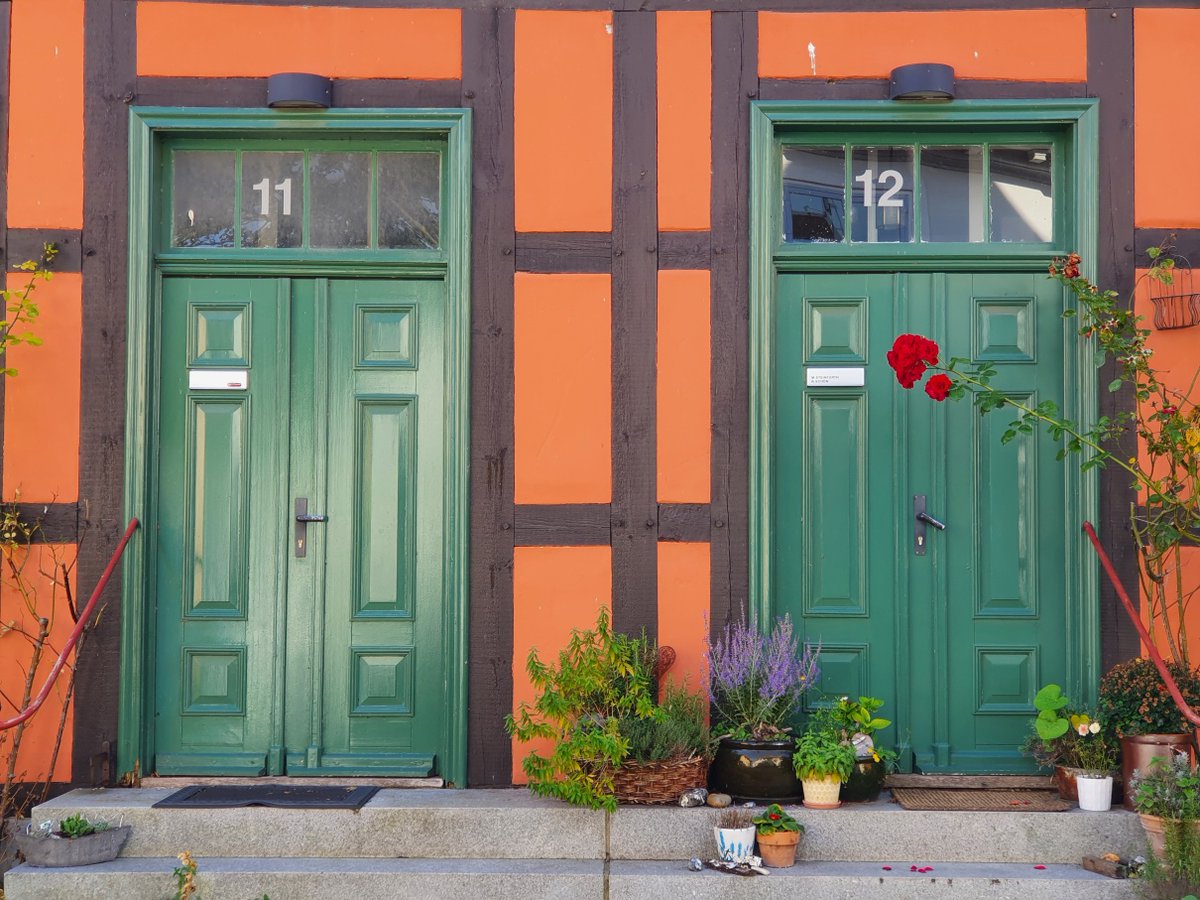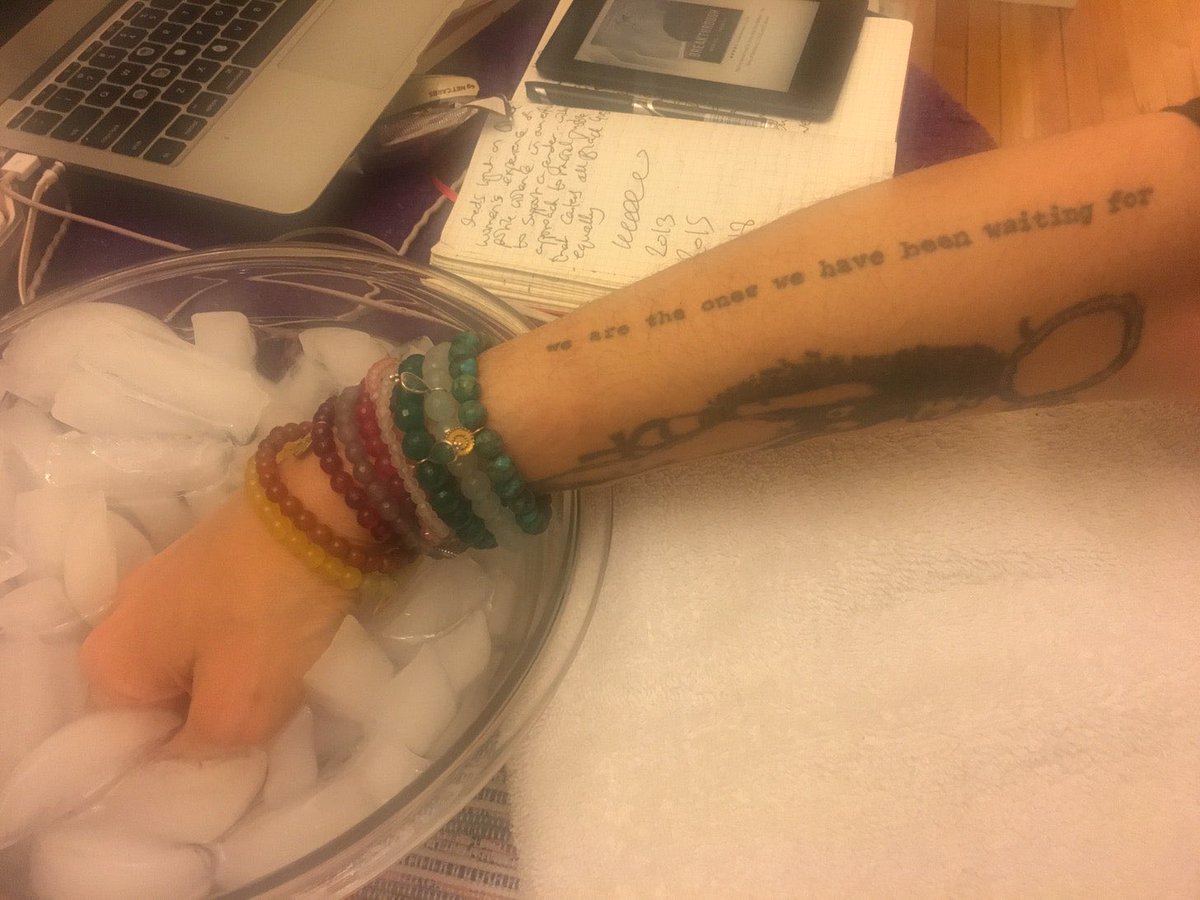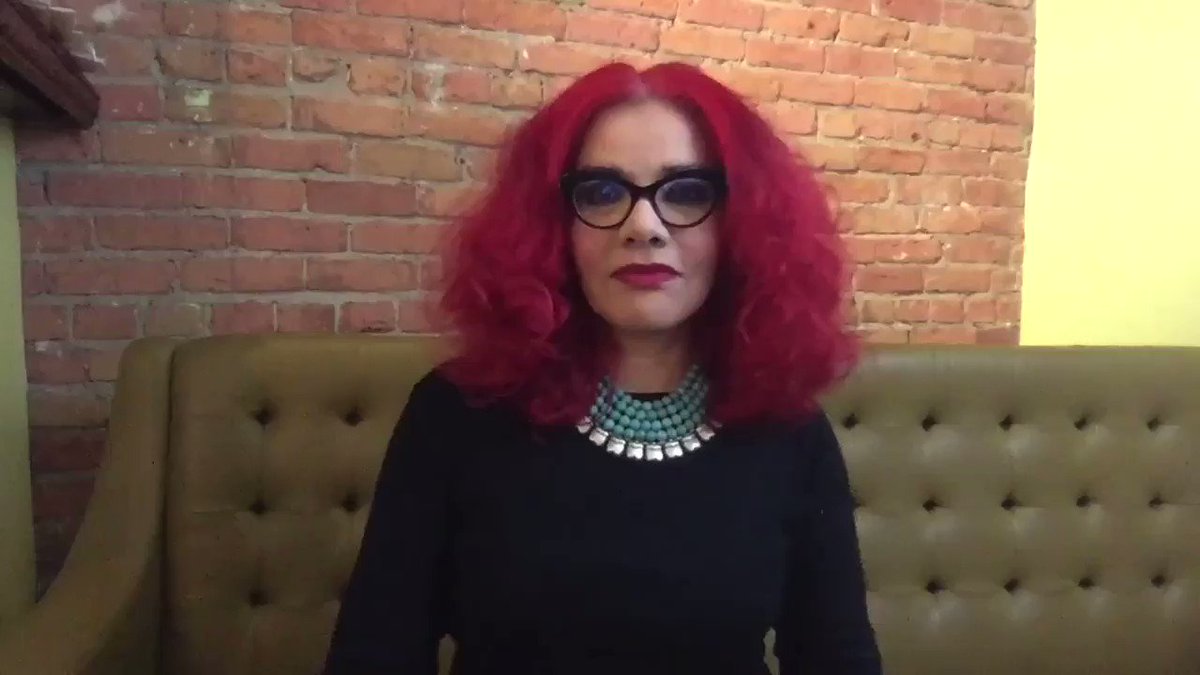



1. Focus internally
2. Practice forgiveness and gratitude
3. Choose a higher path in conflicts
4. Mix things up
5. Create and build something
The best way to help others is to help ourselves. We need to face our darkness by consciously reliving traumatic situations of our past with love and understanding.
Good tools are meditation, journaling, contacting people from our past and counseling.

Forgiveness, for what we did in the past or for what others have done to us, is akin to cutting energetic cords that bind us like shackles to the past.

If drawn into conflicts where the other party is projecting onto you, do not reciprocate and escalate it.
Instead, breathe deeply, detach and observe the situation from a neutral standpoint listening to the subtle signals of your body.

State your viewpoint from a personal perspective (e.g. “I feel this negatively affects me with regards to..”) in a calm yet firm way. If no agreement can be reached, draw a line and withdraw.
We are the creators of our realities and every decision represents a potential turning point in our lives where we can shift onto novel pathways.

- Saying some nice words to the neighbor we had a dispute with last week
- Doing a spontaneous hiking trip in the forest

Through our healing, we create a lot of space within us to receive uplifting energy and inspiration.
This is an opportunity to put some ideas into action and start new projects, e.g. from fulfilling a childhood dream to starting a side-business.

More detailed information can be found in the Light Prism Blog:
https://t.co/YXzKwA9EVe
More from Life
"I lied about my basic beliefs in order to keep a prestigious job. Now that it will be zero-cost to me, I have a few things to say."
We know that elite institutions like the one Flier was in (partial) charge of rely on irrelevant status markers like private school education, whiteness, legacy, and ability to charm an old white guy at an interview.
Harvard's discriminatory policies are becoming increasingly well known, across the political spectrum (see, e.g., the recent lawsuit on discrimination against East Asian applications.)
It's refreshing to hear a senior administrator admits to personally opposing policies that attempt to remedy these basic flaws. These are flaws that harm his institution's ability to do cutting-edge research and to serve the public.
Harvard is being eclipsed by institutions that have different ideas about how to run a 21st Century institution. Stanford, for one; the UC system; the "public Ivys".
As a dean of a major academic institution, I could not have said this. But I will now. Requiring such statements in applications for appointments and promotions is an affront to academic freedom, and diminishes the true value of diversity, equity of inclusion by trivializing it. https://t.co/NfcI5VLODi
— Jeffrey Flier (@jflier) November 10, 2018
We know that elite institutions like the one Flier was in (partial) charge of rely on irrelevant status markers like private school education, whiteness, legacy, and ability to charm an old white guy at an interview.
Harvard's discriminatory policies are becoming increasingly well known, across the political spectrum (see, e.g., the recent lawsuit on discrimination against East Asian applications.)
It's refreshing to hear a senior administrator admits to personally opposing policies that attempt to remedy these basic flaws. These are flaws that harm his institution's ability to do cutting-edge research and to serve the public.
Harvard is being eclipsed by institutions that have different ideas about how to run a 21st Century institution. Stanford, for one; the UC system; the "public Ivys".























